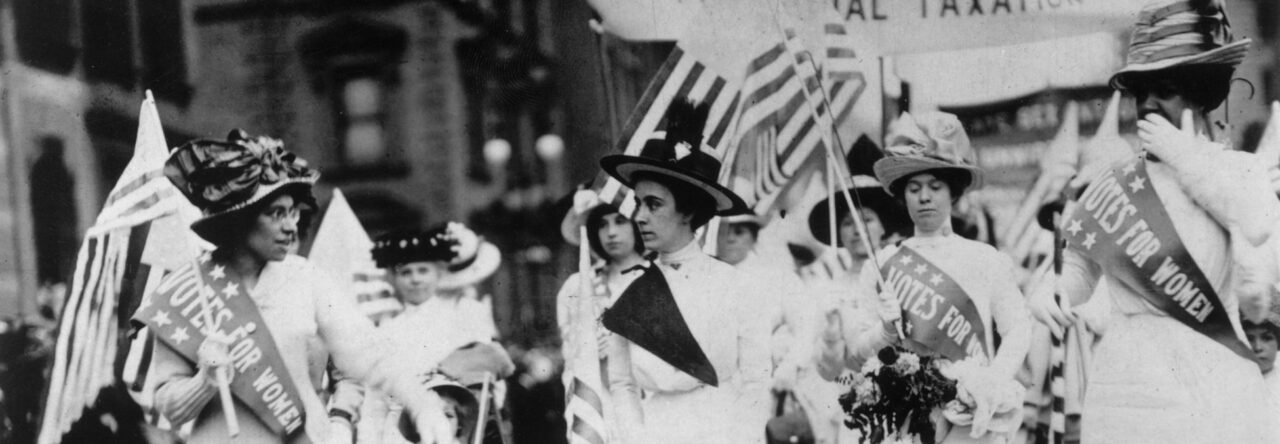Due March 25 by 5pm by email attachment
On Monday, March 25, students will submit a 3-5 page typed, double-spaced essay on a topic slavery and American politics provided to them in class on Thursday, March 21. All essays must include source material from the assigned readings properly cited using Chicago-style footnotes. Outside research is allowed but not required. Essays will be graded on depth of analysis, use of evidence, and quality of prose. Late essays will be penalized up to 5 points each day.
Please choose ONE of the following topics:
-
Frederick Douglass hesitant to support Abraham Lincoln in the presidential elections of 1860 and 1864?
OR
-
How did electoral politics help shape President Lincoln’s wartime policies toward emancipation and abolition?
Annotated Guidelines
- Relevant reading assignments for this essay include James Oakes’s Radical and Republican and other sources featured on the course site.
- Please open your paper with a descriptive title and your name (byline).
- Make sure to address a question and devise a thesis statement that can be effectively argued in a short paper. Consult the Methods Center handout on How to Write a Thesis Statement
- Be specific. Use examples, dates, statistics and snippets of quotation to support your claims. Outside research is allowed but not required.
- Make sure you are using and formatting your footnotes correctly. Provide footnotes for all quotations and highly specific information (such as statistics). See the models below as well as this methods handout on How to Use Footnotes and consult as needed with the library’s Chicago-style guide, but make sure to use sample footnote models for formatting and NOT bibliography examples.
- Prof. Pinsker will comment on full or partial drafts over email until Sunday evening. You may also consult with the Writing Center for help with your essay. Do not work with other students in the course on your answer.
Sample Footnotes
According to James Oakes, Frederick Douglass came to admire Lincoln. [1] Any subsequent citation to Oakes can be abbreviated with last name and page number.[2]. And note that in your essay, the footnote numbers should be inserted automatically in superscript and will not appear in brackets as they do in WordPress.
[1] James Oakes, The Radical and the Republican: Frederick Douglass, Abraham Lincoln, and the Triumph of Antislavery Politics (New York: W.W. Norton, 2007), 13.
[2] Oakes, 28.
Essays will be graded on depth of analysis, use of evidence, and quality of prose. Late essays will be penalized up to 5 points each day.
- Organize your essay in a way that respects chronology and historical context.
- Use past tense except when describing modern scholarship
- Avoid first person pronouns, including “our”
- Take to care to evaluate your sources as you deploy them in your essay. See this methods post on Evaluating Sources for a helpful overall framework.
- Don’t underestimate the importance of integrating your quoted evidence with some degree of fluidity. Awkwardly inserting quotations is one of the hallmarks of mediocre undergraduate essays. Consult this handout from the methods center for a range of good tips.
- Also, please guard against plagiarism. Remember our discussion from the very first day of the semester. Never write your own words while looking directly at your sources, especially secondary sources –unless you are quoting them.
- And finally, always remember to proofread your work by printing it out and reading it aloud, slowly. See our methods handout on How to Proofreed [sic]
